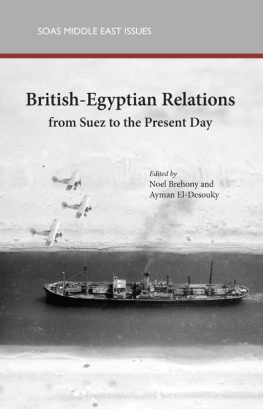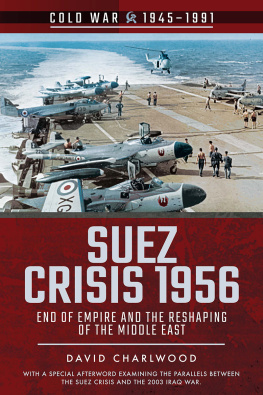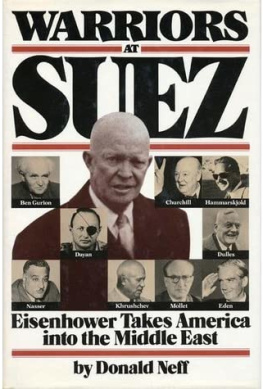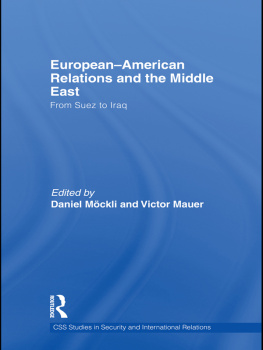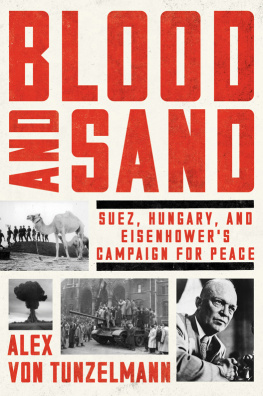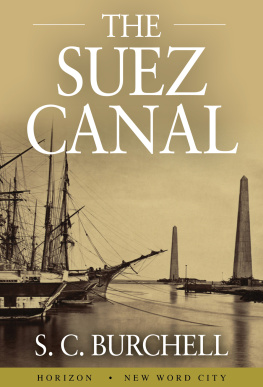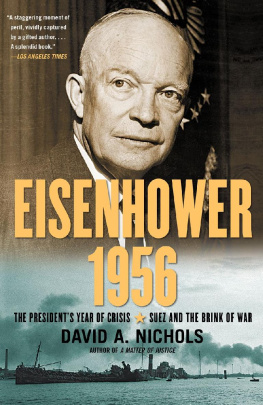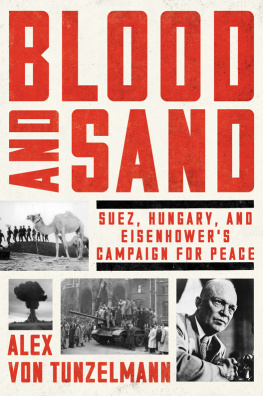We hope you enjoyed reading this Free Press eBook.
Join our mailing list and get updates on new releases, deals, bonus content and other great books from Free Press and Simon & Schuster.
C LICK H ERE T O S IGN U P
or visit us online to sign up at
eBookNews.SimonandSchuster.com
Thank you for downloading this Free Press eBook.
Join our mailing list and get updates on new releases, deals, bonus content and other great books from Free Press and Simon & Schuster.
C LICK H ERE T O S IGN U P
or visit us online to sign up at
eBookNews.SimonandSchuster.com
ALSO BY MICHAEL DORAN
Pan-Arabism Before Nasser

Free Press
An Imprint of Simon & Schuster, Inc.
1230 Avenue of the Americas
New York, NY 10020
www.SimonandSchuster.com
Copyright 2016 by Michael Doran
All rights reserved, including the right to reproduce this book or portions thereof in any form whatsoever. For information address Free Press Subsidiary Rights Department, 1230 Avenue of the Americas, New York, NY 10020.
First Free Press hardcover edition October 2016
FREE PRESS and colophon are trademarks of Simon & Schuster, Inc.
For information about special discounts for bulk purchases, please contact Simon & Schuster Special Sales at 1-866-506-1949 or .
The Simon & Schuster Speakers Bureau can bring authors to your live event. For more information or to book an event, contact the Simon & Schuster Speakers Bureau at 1-866-248-3049 or visit our website at www.simonspeakers.com.
Jacket design by David Gee
Jacket image by Hulton Archive / Stringer / Getty Images
Library of Congress Cataloging-in-Publication Data
Names: Doran, Michael Scott, 1962author.
Title: Ikes gamble : Americas rise to dominance in the Middle East/Michael Doran.
Description: First Free Press hardcover edition. | New York : Free Press, 2016. | Includes bibliographical references and index.
Identifiers: LCCN 2016019471 | ISBN 9781451697759 | ISBN 1451697759 | ISBN 9781451697858 (ebook)
Subjects: LCSH: Eisenhower, Dwight D. (Dwight David), 18901969. | EgyptHistoryIntervention, 1956. | United StatesForeign relationsMiddle East. | Middle EastForeign relationsUnited States. | United StatesForeign relations19531961.
Classification: LCC E836 .D67 2016 | DDC 327.7305609/045dc23
LC record available at https://lccn.loc.gov/2016019471
ISBN 978-1-4516-9775-9
ISBN 978-1-4516-9785-8 (ebook)
For Melanie
CONTENTS
CHAPTER 1
A New President
P icking a fight was an odd way to say good-bye. In January 1953, Prime Minister Winston Churchill crossed the Atlantic to bid farewell to President Harry Truman, who was just two weeks away from retirement. At a dinner in Trumans honor at the British embassy, the guests included Secretary of State Dean Acheson, Secretary of Defense George Marshall, and a handful of other top American officials. No sooner had dinner begun than Churchill launched into a passionate diatribe in favor of Zionism. According to his right-hand man, Jock Colville, Churchills position aroused the disagreement of practically all the Americans present, though they admitted that the large Jewish vote would prevent them disagreeing publicly.
The choice of subjects was impolite. It forced Truman to relive a bitter dispute that had placed him at loggerheads with some of the men around the tableGeorge Marshall in particular. Back in May 1948, Marshall, then secretary of state, nearly resigned in protest over Trumans intention to recognize Israel. In an especially heated exchange in the White House, Marshall accused the president of pandering to the Jewish vote, and of endangering U.S. national security as a result. If the United States did recognize Israel, Marshall said, then he would cast his vote against Truman in the upcoming election.secretary of states advice, and Marshall somehow made his peace with it, but raw feelings persisted.
After dinner, the argument continued, but Truman drifted away from the group, sat down at the piano, and began playing. When Churchill noticed, he instructed Colville to corral everyone around the piano. Truman performed for the group for about a quarter of an hour, and then made an exit, followed swiftly by Marshall. All the others remained behind, and the debate kicked up again, continuing uninterrupted until one in the morning.
In sidelining his guest of honor, Churchill had not acted alone: an invisible accomplice helped him usher Truman out the door. Dwight D. Eisenhower, the president-elect, was spending the evening in New York, planning his new administration, but even from afar he managed to dominate the party. He had already tapped three of Churchills dinner guests for jobs in his administration. One of them, Walter Bedell Smith, the director of the CIA, had served as Ikes chief of staff during the war. Churchill, who had been on familiar terms with Beetle for years, could confidently assume that he would enjoy easy access to the new president. Truman may have had two more weeks in the White House, but his power was already gone.
Saying farewell was a good excuse for Churchill to come, but his true purpose was to begin influencing the new team, not to honor the old. Picking a fight was his way of doing it.
Fatuous Churchill
Once Truman had gone off to bed, the argument focused on two main issues, the European Defense Community (EDC) and the Middle East. On the surface, the issues seemed utterly disconnected, but for Churchill they were two parts of the same challenge: persuading the Americans to accept his vision of the special relationship between Britain and the United States. In both Europe and the Middle East, he argued, the United States should put the alliance with Britain ahead of all other interests. His American guests, however, were not having any of it.
Originally proposed by the French, the EDC was a plan for an integrated, pan-European armyan idea that Churchill hated. In its place he proposed a grand coalition, like the one that had defeated Germany and Japan in World War II. The Cold War alliance should be a pyramid, with the Anglo-American partnership at its apex. Emphasizing the Anglophone bond, he dismissed the multilingual EDC as nothing but a sludgy amalgam.
In the Middle East, the primary threat to Churchills vision was the growing friendship between the United States and local nationalists. Particularly disturbing to Churchill was the warm attitude of the Americans toward Egypts young military rulers, who had toppled King Faruq in a bloodless coup on July 23, 1952. The Free Officers, as they called themselves, had come to power in the midst of a breakdown in Egyptian-British relations, and they were now publicly demanding nothing less than an immediate and unconditional evacuation of the 80,000 British forces who occupied the base along the Suez Canal. Outwardly, General Muhammad Naguib was in charge of the movement, but behind the scenes, a young colonel, Gamal Abdel Nasser, was the one truly calling the shots. Shortly after taking power, Nasser had quietly reached out to the Americans, whose welcoming response was unsettling to the British. The Americans believed that Egypt, as the largest and most influential Arab country, was the key to delivering the entire Arab world to the West in the Cold War. Moreover, they saw nationalists like the Free Officers as the wave of the future.
Our last hope was how Acheson described Naguib to Churchill that night. The phrase was poison to Churchill, who believed that the abandonment of the British position in Egypt would spell the end of empire. Courting the Free Officers was not on his
Next page

